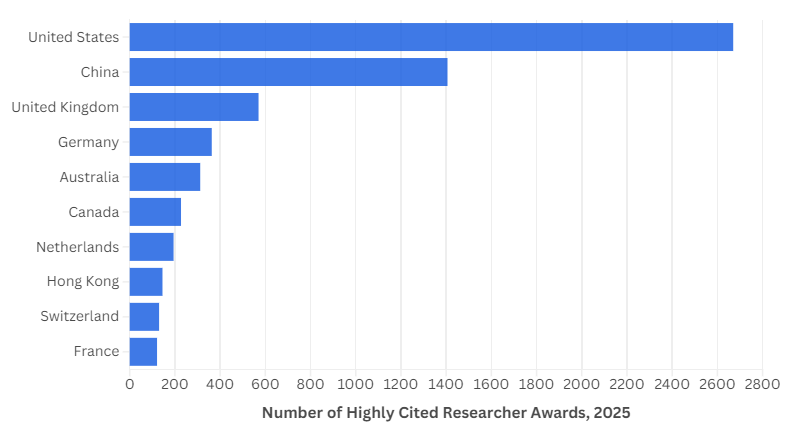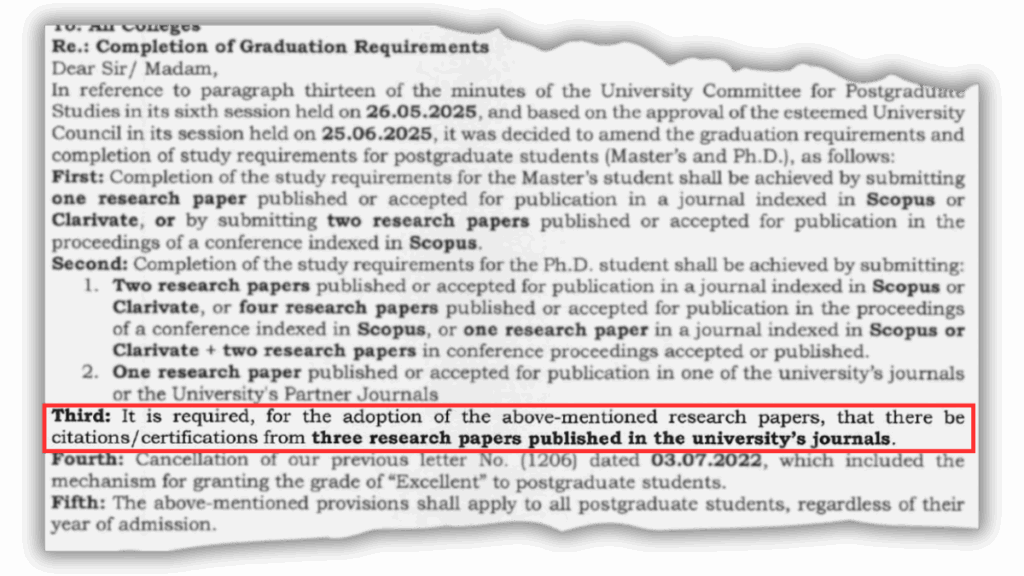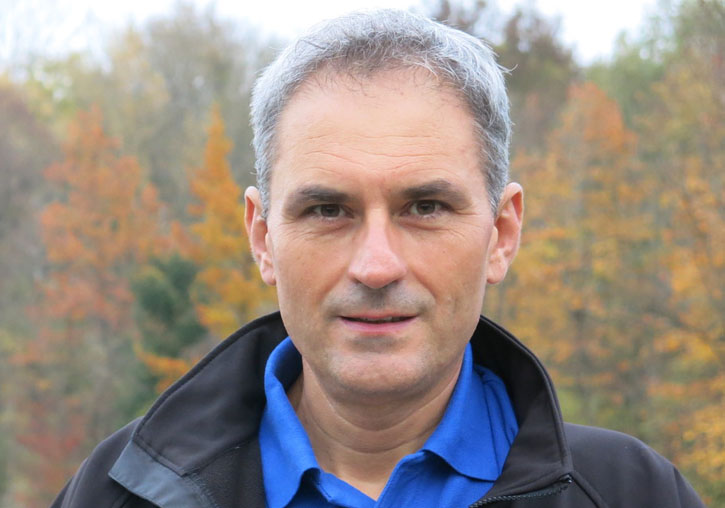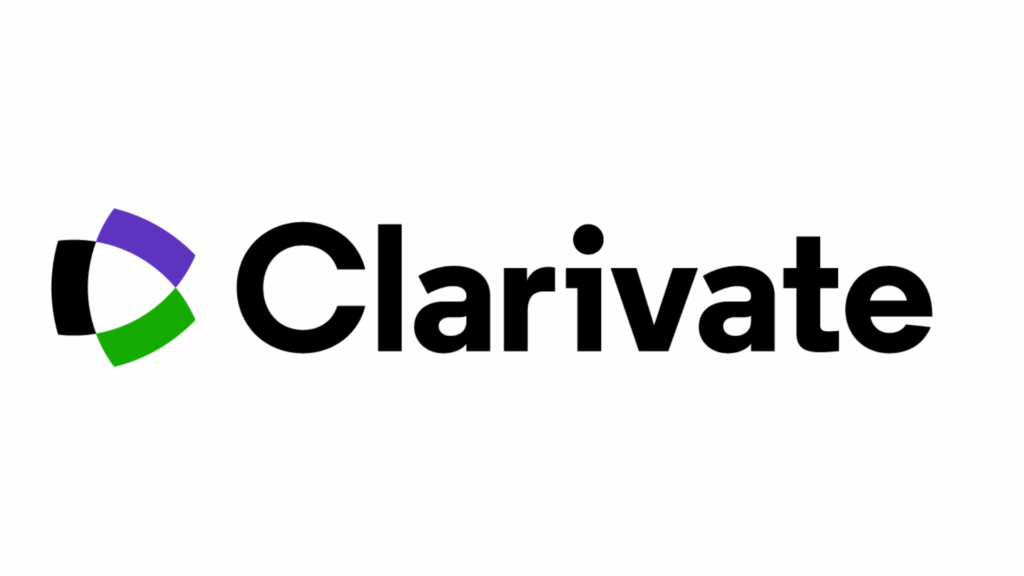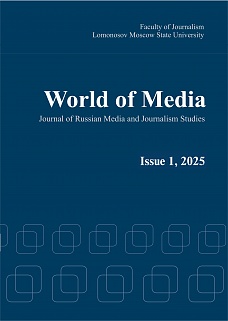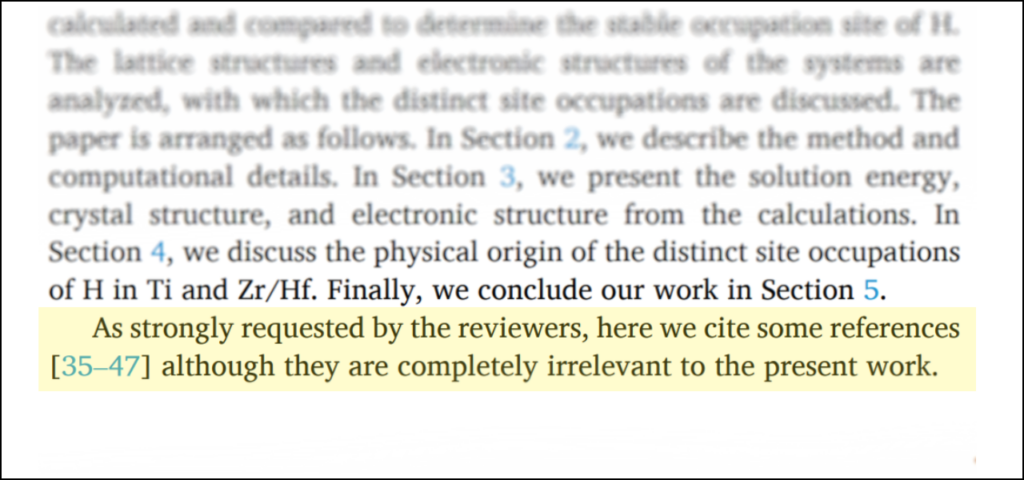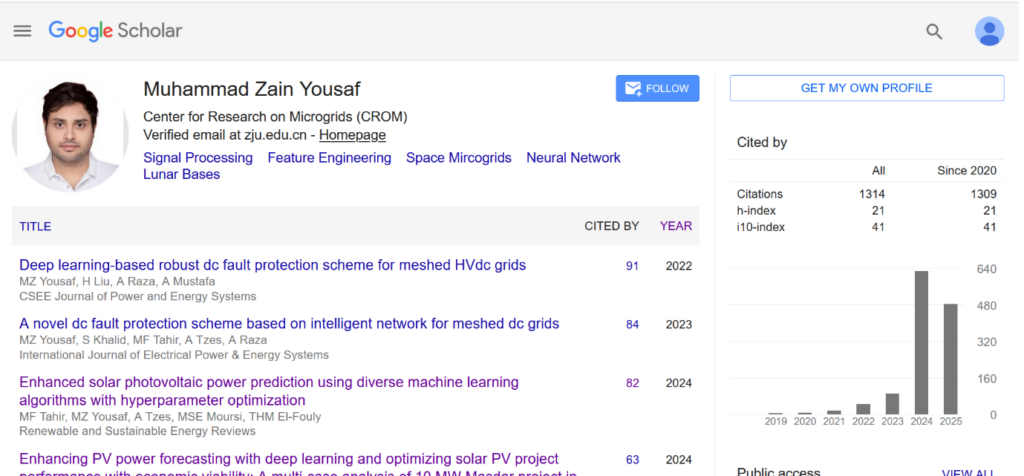
Muhammad Zain Yousaf, a postdoc at Zhejiang University in Hangzhou, China, became a scholar of note overnight. Or so it would seem, based on his now-defunct Google Scholar profile: From a modest 47 in 2022 and around 100 in 2023, Yousaf’s citations jumped to 629 in 2024. His h-index, a measure combining publication and citation numbers, took off accordingly, reaching levels typical of a senior academic.
But another researcher smelled a rat and took a closer look at Yousaf’s publications. In just two days, Yousaf had uploaded 10 short documents to TechRxiv, a preprint server hosted by the U.S.-based Institute of Electrical and Electronic Engineers, or IEEE. Each of the documents was chock-full of self-citations. In five cases, Yousaf was an author on all 37 papers in the reference list; the rest of the time, his publications made up nearly two-thirds of the reference list.
“Many of these documents appear to be low quality, as evidenced by their lack of coherence and technical quality,” the concerned researcher, who asked to remain anonymous, said of the preprints in an email to TechRxiv last December.
Continue reading How to juice your Google Scholar h-index, preprint by preprint

